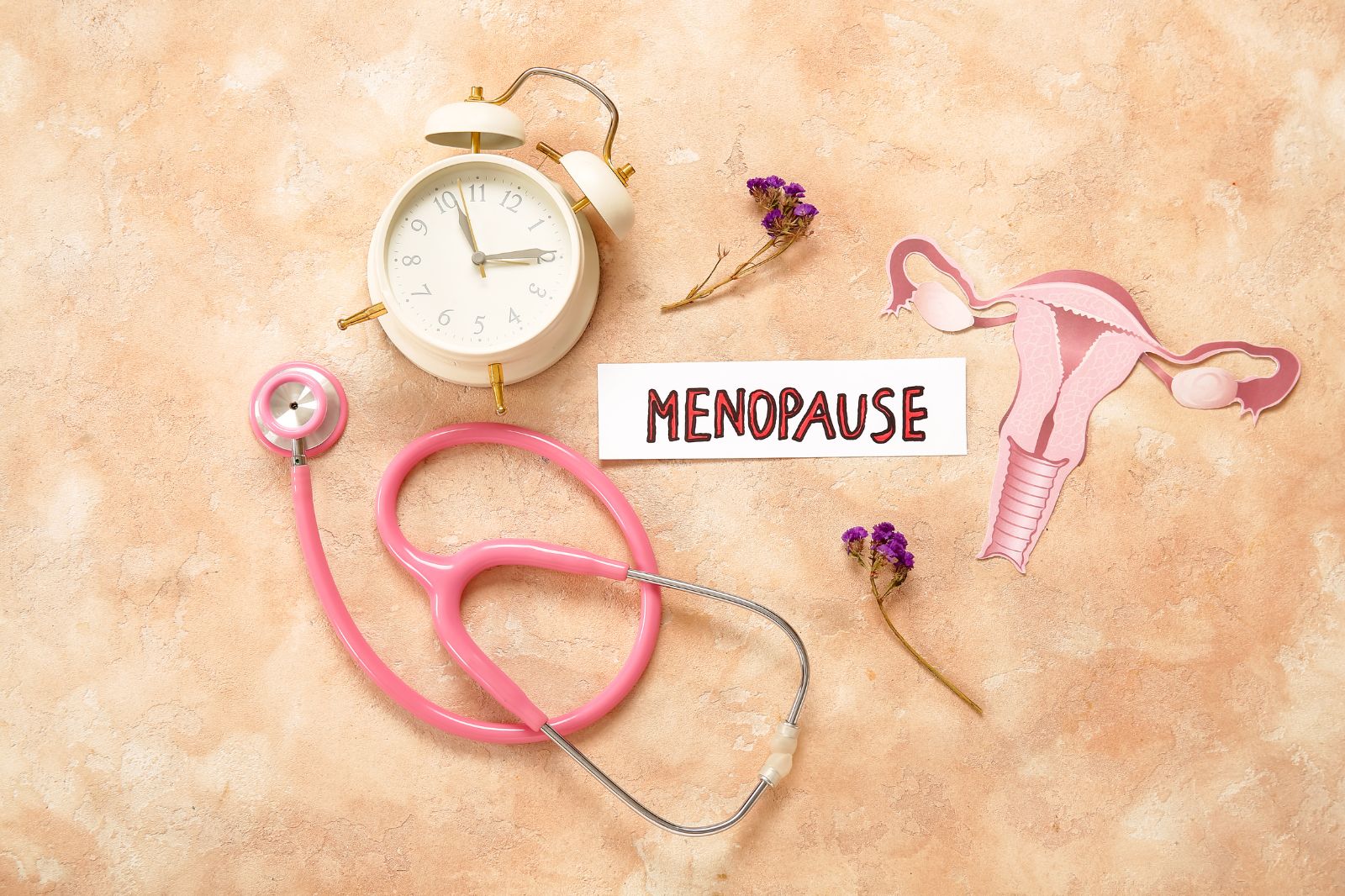Hormones influence nearly every system in your body. From your mood and metabolism to digestion, energy, and skin health, they quietly keep things running in the background. But when they fall out of balance, your body sends signals. The problem is, many of us are taught to normalize those signals — to brush off exhaustion, painful periods, or mood swings as “just life.”
The truth is, you don’t have to live like that. If something feels off, it probably is. Below are 10 specific signs of hormone imbalance and what you can start doing today to support your body and start feeling better.
1. Persistent bloating or digestive issues
Hormones like estrogen and cortisol affect how your digestive system functions. Estrogen dominance can slow digestion, while high cortisol can disrupt gut bacteria, leading to bloating, gas, or irregular bowel movements.
Start today: Add cruciferous veggies like broccoli and cauliflower to your meals to support estrogen detox, and try a daily cup of ginger or peppermint tea to soothe digestion.
2. Fatigue that doesn’t improve with rest
If you’re waking up tired or dragging through the day despite getting enough sleep, it could be due to low thyroid hormones, adrenal fatigue, or imbalanced cortisol levels.
Start today: Try morning sunlight exposure within 30 minutes of waking to regulate cortisol and energy rhythms. Magnesium-rich foods like spinach and pumpkin seeds can also support energy production.
3. Irregular or painful periods
Skipped periods, heavy bleeding, or intense cramps are not normal. These signs often point to imbalances in estrogen and progesterone and may be linked to conditions like PCOS or estrogen dominance.
Start today: Reduce processed sugar and dairy, which can worsen hormonal inflammation. Include healthy fats like avocado and flaxseeds to support hormone production.
4. Mood swings, anxiety, or irritability
Fluctuating estrogen and low progesterone can impact serotonin and GABA, which help regulate mood. High cortisol can also contribute to anxiety and emotional overwhelm.
Start today: Prioritize protein and fat at each meal to stabilize blood sugar, and consider swapping coffee for herbal teas to ease cortisol spikes.
5. Trouble falling or staying asleep
Poor sleep can be caused by low progesterone, elevated cortisol at night, or disrupted melatonin production.
Start today: Create a relaxing nighttime routine with dim lighting and no screens for at least an hour before bed. Go to sleep by 10 PM to align with your body’s natural hormone repair cycle.
6. Weight gain, especially around the belly
If you’re gaining weight around your midsection without major diet changes, it could be due to high cortisol or insulin resistance — both of which affect fat storage and blood sugar balance.
Start today: Go for a 20-minute walk after meals to improve insulin sensitivity and reduce stress.
7. Acne around the jawline or chin
Hormonal acne, especially on the lower face, is often a sign of excess androgens like testosterone. This is common with PCOS or chronic stress.
Start today: Cut down on refined carbs and dairy. Add zinc-rich foods like pumpkin seeds to help balance androgen levels naturally.
8. Hair thinning or hair loss
Low thyroid hormones, estrogen shifts, or elevated testosterone can all lead to noticeable hair shedding or thinning.
Start today: Eat more protein and B-vitamin rich foods like lentils, quinoa, and leafy greens to nourish your hair from the inside out.
9. Low libido or vaginal dryness
A decrease in estrogen, testosterone, or DHEA can lower your sex drive and affect your comfort.
Start today: Support hormone health with omega-3 fats from chia seeds or walnuts, and drink plenty of water to support tissue hydration.
10. Cold hands and feet or feeling cold all the time
These are common signs of low thyroid function, which slows metabolism and circulation.
Start today: Make sure you’re getting enough iodine, selenium, and iron through whole foods like seaweed, Brazil nuts, and lentils. Also consider getting your thyroid levels checked.
Final Thoughts
If you recognize yourself in any of these signs, know that you’re not alone and your body is not broken. Hormonal imbalances are common, but they are not permanent. With simple daily shifts — from what you eat to how you move and rest — you can support your body’s natural ability to rebalance.
Start with one or two small changes today. Then build from there. Healing your hormones is a journey, and every step you take is progress in the right direction.
If you want guidance on where to start, I’ve helped hundreds of women reset their hormones naturally with food and lifestyle. Book a FREE call with me today to get started.





